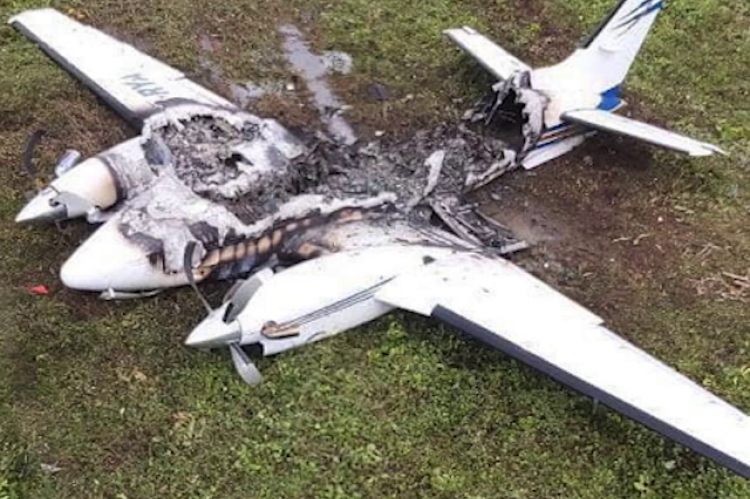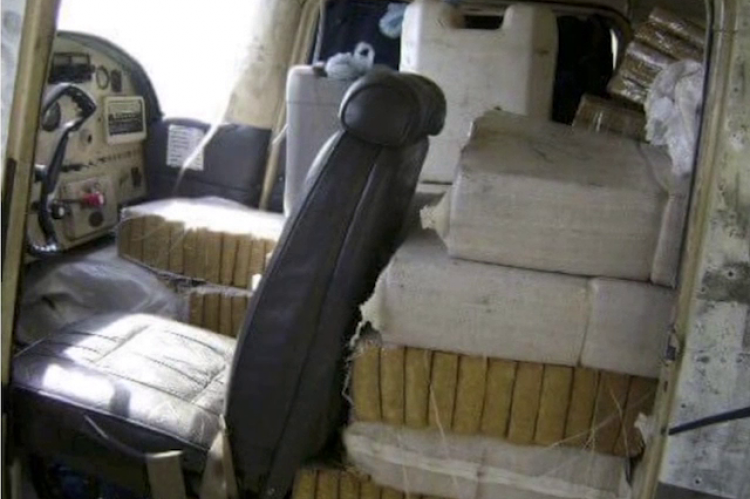Combating Transnational Crime with Regional Intervention
Combating Transnational Crime with Regional Intervention
By: Omar Silva, NP Staff Writer
Belize City: Friday 2nd June 2023
The global drug trafficking market, valued at thirty-two billion dollars, poses a significant threat to communities worldwide. Central America, including Belize, has become a preferred transit point for narco traffickers, facilitating the flow of illicit drugs, money, guns, and ammunition between South and North America. This article delves into the challenges faced by Belize in curbing this transnational crime and highlights the involvement of high-level officers within the security apparatus who provide inside information to the narco traffickers.
Situated between South and North America, Central America has emerged as a strategic location for the illegal drug trade. Billions of dollars' worth of cocaine and associated contraband pass through Belize, making it a crucial waystation for narco traffickers. To counter these activities, a Joint Intelligence Operations Center was established in 2014, manned by Belize's security forces, with the primary objective of monitoring and tracking drug trafficking aircraft.
The report focuses on the high-risk activities occurring in the jungles of southern Belize. Recent incidents have revealed that narco traffickers are utilizing clandestine airstrips deep within the Maya Mountains for drug plane landings. These illegal airstrips are carefully planned and constructed using manual labor and minimal machinery to avoid detection by security forces. The narco traffickers exploit the rugged terrain, thick foliage, and interconnected waterways to facilitate their operations. It is evident that local knowledge and assistance play a vital role in the success of these illicit activities.
While law enforcement officers have faced charges in the past for their involvement in drug trafficking, allegations of civilian complicity have also arisen. However, village leaders in Corazon claim to have no knowledge of these activities occurring in their vicinity. The proximity of the clandestine airstrips to the villages raises concerns about the reputation and well-being of the local communities.
Recognizing the seriousness of transnational crime, the Government of Belize, in collaboration with international partners, has invested in equipping its security forces to counter drug plane landings. The coordinated efforts of the Belize Defense Force (B.D.F.), Belize Coast Guard and the Police and support, particularly from the Drug Enforcement Administration (DEA) attaché, have significantly enhanced the capacity to combat narco trafficking. Destroying makeshift runways and intercepting drug planes remain key objectives in deterring transnational criminals.
Curbing the illegal drug trade requires a comprehensive and interagency approach, as narco traffickers' networks continue to evolve. Belize's security forces, with support from international partners, have intensified their efforts to prevent drug plane landings and intercept those that do occur. The challenges faced in southern Belize highlight the need for greater vigilance, increased collaboration, and ongoing investment in security infrastructure. Only through these combined efforts can Belize effectively combat transnational crime and safeguard its communities.
- Log in to post comments


